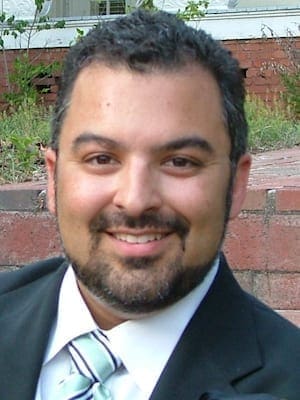I’ve been addicted recently to a new channel on SiriusXM Radio devoted to old The Tonight Show episodes with Johnny Carson.
I get a kick out of his monologues. What is most intriguing is the humor and relevance that make monologues so timeless, even though the specific events about which he speaks are now long past.
Monologues are now staples for late-night talk shows. Hosts from Jimmy Kimmel to Trevor Noah infuse current events with satire and comedy.
This lightens the mood of the weightiest news, but it also keeps people informed with what is going on in the world.
And no one is exempt from the monologue. Politicians and pundits alike get in the crosshairs of hosts, who are equal opportunity offenders. Levity is good for the soul, and it is good for the nation.
Churches often shy away from current events and news. Because most news is divisive, this avoidance gives the illusion that churches are safe spaces where people of diverse backgrounds and political leanings can worship God without having to confront various opinions.
We get enough biased media on cable television, we don’t need to be bombarded with more on Sunday morning, we think to ourselves.
Give us an hour without political commentary, please, along with some peace and quiet.
Yet, because we avoid politics, our churches come off as irrelevant or, worse, silent concerning the most pressing issues of the day.
Should we Christians, especially in the church, not frame current events and issues from a biblical point of view to help our congregations understand them differently?
Should we not create a safe space for dialogue and collaborative – dare I say, “critical” – thinking, as well as meaningful conversations that inquire about contemporary topics and how they might relate to issues of justice and relevance to the Bible?
Silence is the easy way out, but tact and caution are necessary. Woe to the pastor who, on the opposite end of the spectrum, creates dissent and divisive speech from the pulpit.
Talk about an issue like that, and the preacher is sure to marginalize at least half the congregation.
Perhaps we need monologues in the church for this very reason. Think about it: Before the invocation and right after the welcome, we clergy can stand – without hiding behind a pulpit or altar – before our people and provide a different, humorous view of the events of our time.
If we add enough levity, then over time we will build enough trust to touch on sensitive issues too.
Take Jimmy Kimmel Live, for instance. His monologues are funny and relevant, but after the mass shooting in Las Vegas some time ago, he got deadly serious.
His tears carried our nation’s grief, and his words cut to the heart of our nation’s longing for sensible gun legislation.
I have a feeling that we’re afraid because, if we pastors start monologues, we may fail at times. And no doubt we will.
After all, these late-night hosts have professional writers that write jokes every day; we don’t.
Most of us are not that witty, and writing a sermon is hard enough. Yet, I think we should consider it. Our congregations need a good word not always framed in a formal sermon.
We need to speak from the heart and expose Christ’s tears for the world. We need to push back against instigators who mock tears and we need to expose grief that we hide behind entertainment and celebrity culture.
And, if we don’t do anything else, we at least need to show people that, sometimes even in church, laughing is still good medicine for the soul.
Editor’s note: A version of this article first appeared on LaGuardia’s blog, Baptist Spirituality. It is used with permission.
Joe LaGuardia is senior pastor of First Baptist Church in Vero Beach, Florida.


